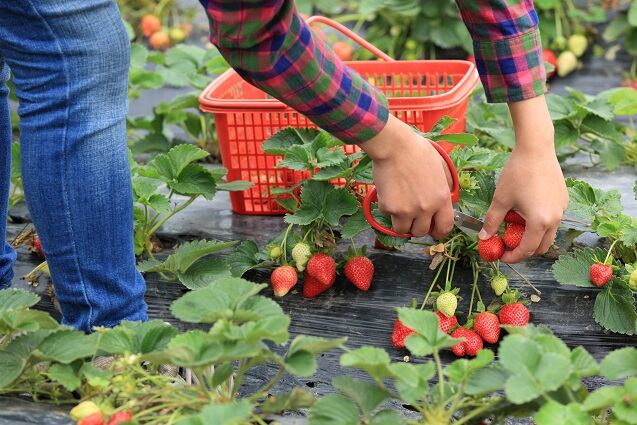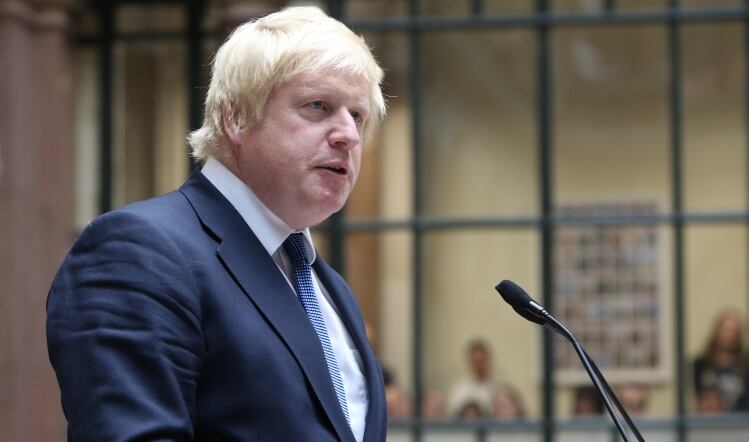International Trade Secretary Liz Truss yesterday (1 November) extended the Trade and Agriculture Commission (TAC), and placed it on a full statutory footing. The Commission will now have a more active role, which will be reviewed every three years.
It will produce a report on the impact on animal welfare and agriculture of each free trade deal the Government signs after the end of the EU transition period on 1 January.
The Farmers’ Union of Wales (FUW) has given a cautious welcome to the decision to extend the role of the TAC and place it on a statutory footing. It described it as a welcome step towards addressing concerns over substandard food imports.
Deputy president Ian Rickman said while it wasn’t the full suite of commitments to welfare and standards the union had lobbied for, the extension was a positive move, allowing better scrutiny of trade deals.
Threat to standards
“We are faced with the possibility that trade deals negotiated by the UK Government with other countries and trading blocs will allow food to be sold to UK consumers which is currently illegal,” said Rickman.
“It remains to be seen whether the scope of the commission’s new role will extend to fully addressing these major concerns in terms of protecting our consumers and farmers from exposure to such produce.”
The Food and Drink Federation (FDF) echoed its support for the extension of the FAC, highlighting the work already done by the Commission to bring ‘laser-like’ focus to the debate on food standards and trade.
“However, it is important that the whole food supply chain is engaged in the scrutiny of the UK’s future trade policy,” said FDF chief executive Ian Wright.
“Farmers represent one part of the food supply chain, but it is important that its other voices – manufacturing, retail and hospitality – are equally represented and heard.”
‘Landmark moment’
National Farmers Union president Minnette Batters described the FAC extension as a landmark moment for the UK and the future of food in the country.
“This decision means everyone who cares about our trading relationships with the rest of the world – MPs, stakeholders and the public – will see independent expert advice from the Trade and Agriculture Commission on future trade deals before they are ratified,” she added.
“I am delighted that [Boris Johnson] has led the government to draw a line in the sand and commit to the 2019 Conservative manifesto commitment not to undermine our farmers in future trade deals by ensuring the Trade and Agriculture Commission can report to Parliament and MPs can give proper scrutiny to future trade deals.”
Meanwhile, a total of 39 trade body representatives have warned many of Great Britain’s food firms plan to stop trading with Northern Ireland (NI) due to the cost of rules and regulations post-Brexit.





